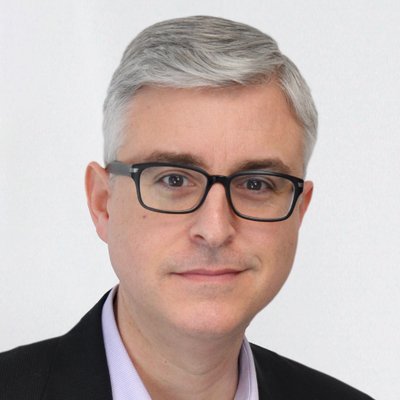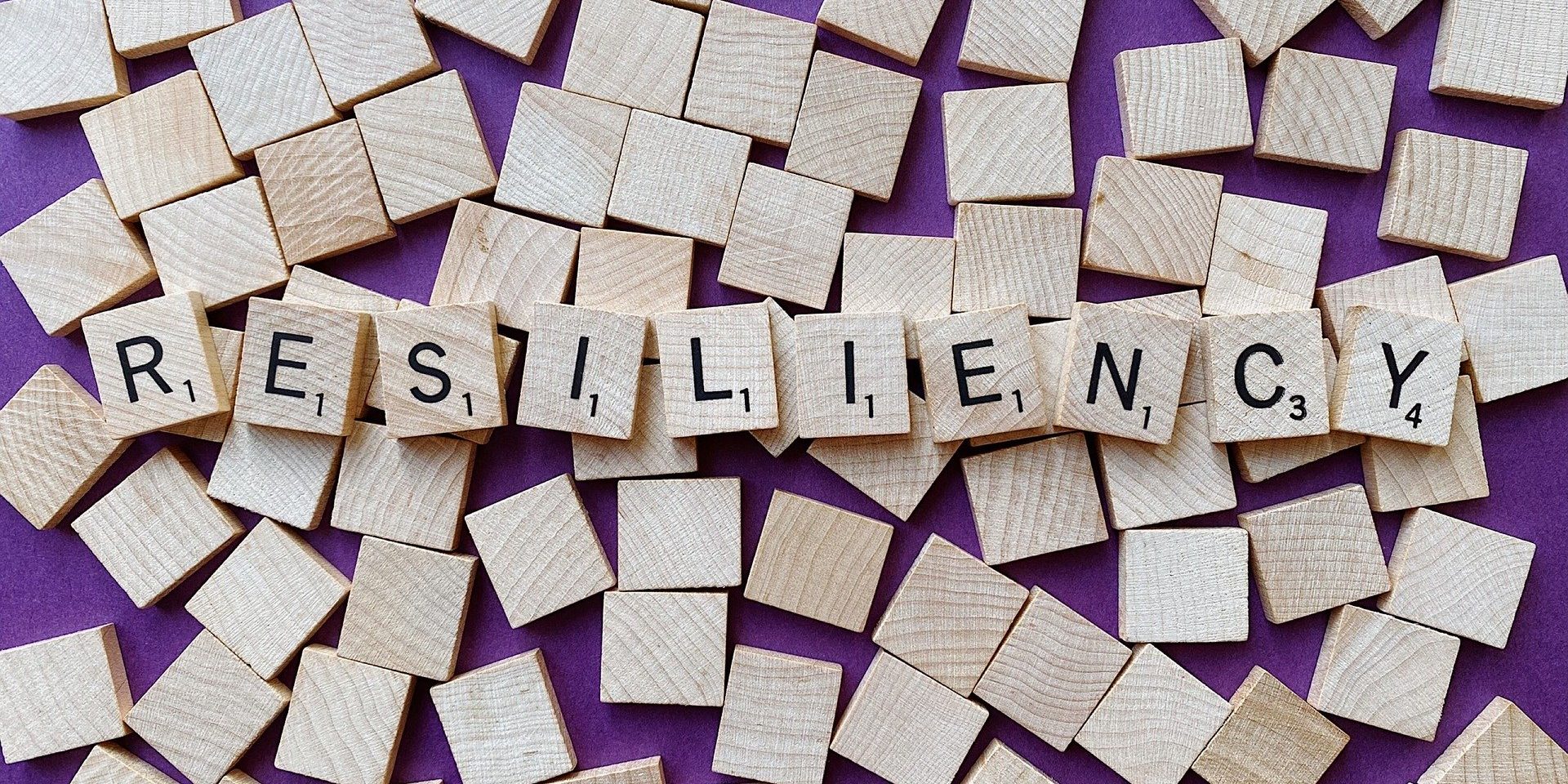 By Christopher Durso, Vice President of Content Development, Hospitality Sales & Marketing Association International (HSMAI)
By Christopher Durso, Vice President of Content Development, Hospitality Sales & Marketing Association International (HSMAI)
To get to recovery, you first have to survive, respond, and adapt to the new realities of the COVID-19 marketplace. That means being resilient — as an individual and as an organization — and it’s important enough to be the focus of HSMAI’s next Curate program, presented exclusively for Organizational Member companies. CURATE PRESENTS: Resilience Now is a three-part webinar series in September that will explore personal, professional, and organizational resilience as a necessary strategy for hospitality sales, marketing, and revenue optimization professionals.
CURATE PRESENTS: Resilience Now will feature leadership and performance consultant Dr. Jannell MacAulay, a retired U.S. Air Force officer and combat veteran, who will address three topics: “Mindful Foundations: How Mindfulness and Reflection Build Mental Toughness,” “Bouncing Forward: Level Up From Resilience to Reinvention,” and “Leading Through Uncertainty: Unlock Peak Performance for Your Team.” Recently she offered HSMAI a preview.
How do you define resilience?
I think there’s a common misconception around resilience that it is about bouncing back, and I like to flip the script on that concept and think of resilience more as bouncing forward. It’s really about facing a challenge or facing adversity and then recovering from it, but recovering in such a way that you’re reinventing yourself and learning in the process. In the science behind performance and recovery, we know that stress plus rest equals growth, so we have to face some type of challenge, but then we also have to have a recovery period in order to grow and learn from the experience. And so, when I think about resilience, I think about equipping individuals to face different levels of psychological and emotional adversity and trauma, and then bounce forward from it to be better than they were before.
Has COVID-19 changed how you think about resilience or how you approach it with your clients?
A lot of it is about how you see the environment around you. I use various mental skills and tools to help deal with the challenges of the climate we’re facing with respect to COVID. There are certain mental skills that can address the psychological framework, which is your way of seeing the world around you, and then once you have the psychological framework of how you see the world around you, then it’s about how you’re interacting with it. All of that takes mental skills and mindset training so that you can set yourself up in the best possible position to face the adversity and grow and bounce forward from it.
It all fits together. The way that I help people understand what’s going on right now — especially leaders — is to say that there is no roadmap or precedent to follow in this situation, and so it’s really about how can we be most effective in an environment we did not choose for ourselves or for our organization. I look at it through a lens of optimism. I look at it through a lens of what can you control versus what you can’t control, and I like to say that we spend so much time trying to control our external environment when really, the key is learning how to control your internal ones. That’s where the bulk of my work focuses in on: controlling that internal environment.
Does something like the COVID crisis affect people in ways that they might not be aware of?
Oh, for sure, which is why one of the first skillsets I teach is mindful awareness, which loops in the mindfulness skillset, because many times we have these narratives that are inside our heads and we have to have a relationship with them. The first step to even having a relationship with a narrative in your head, whether it’s positive or negative, is understanding that it’s there and that you can control it.
I think a lot of people dealing with the COVID experience feel various forms of, maybe, loss. Maybe they feel like this moment is too big or they’re not going to be able to see a vision for the future. But there is a vision for the future that we’re all going to get to at some point, and that’s why mindful awareness helps us understand the narratives that are going on inside our heads and helps us have a relationship even with the negative emotions. Especially in my world, in the military, we are taught a lot of times to suppress negative emotions — that they don’t have value for us — but what mindful awareness really builds for us is the ability to have a relationship with those negative emotions, too, and then make the choice to not let them control your behaviors and actions.
What is the relationship between personal and organizational resilience?
I’m big on the idea that the individual is the first area that we work on, and then we work on the organization. I do that because, really, it’s about making each individual on your team the best they can possibly be. Then you lock arms together and your organization becomes higher-performing and stronger and, ultimately, more resilient and able to face the challenges of your industry and then bounce forward together. But especially at the leadership level, I’m really big that the leaders have to go through this independent journey for themselves to really figure out how they see the world, how they can best build the mental toughness to face these challenging circumstances, and then how do they exemplify that for their teams and help equip their teams with the proper resources to not just survive this but thrive.
That’s where “Leading Through Uncertainty” comes in?
I said there’s a misconception of what the definition of resilience is, but another common misconception is that this time of uncertainty is unprecedented and that we don’t know how to operate in uncertainty. Well, the fact of life and the world in general is, it’s always uncertain, right? We feel like we have a lot more control over it, but every day unfolds differently, even if you have a perfect plan.
I come from a military background where I’m a trained strategist, and one of the greatest concepts is that flexibility is the key. Your perfect plan makes first contact with the enemy and then it all goes away, because the enemy has a voice and uncertainty unfolds. People who are thinking, Oh, my gosh, this is such a crazy time and I don’t know how to plan and I don’t know what to do — normal life is like that, too. This just happens to be a little bit more heightened. It adds a layer of complexity, but we innovate and we create new things because of uncertainty. If we knew what was going to happen every day, we wouldn’t need to do that, and so I think this is a great opportunity for certain industries to look at this as an opportunity to lead and innovate and go from “I’m stuck” to “What’s next and how can I be a part of the solution?”
CURATE PRESENTS: Resilience Now will be presented on Sept. 11, Sept. 18, and Sept. 25, 2020, at 2 p.m. EDT. The program is free and open to all registered members of HSMAI Organizational Member companies. Look for an email invitation to register.
